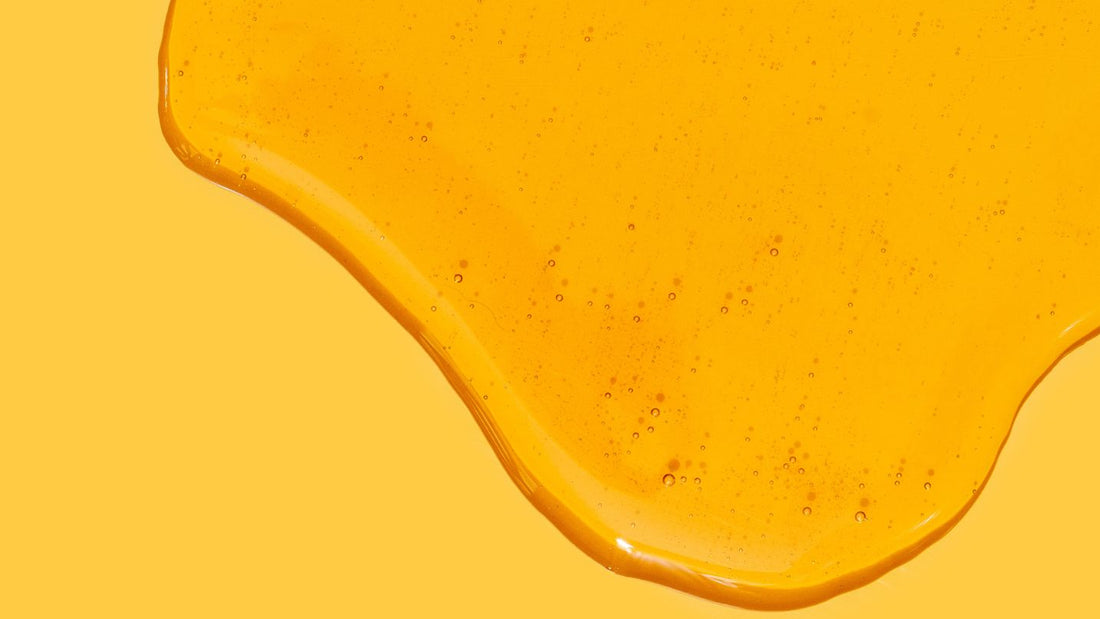
Honey myths you shouldn't believe
Ximo Martínez PrimoHoney has been valued for millennia for both its flavor and its natural properties. However, over time, many misconceptions have emerged that can lead to confusion about this artisanal product.
In this article, I debunk some of the most common honey myths and contrast them with reality, in line with Miel Mayem's philosophy of promoting 100% natural, artisanal honey.
Myth 1: Crystallized honey is spoiled
Another widespread myth is that if honey crystallizes (i.e., becomes hard or sugary granules appear), it means it has gone bad or has added sugar. This is false. Honey crystallization is a natural process that does not indicate spoilage.
On the contrary, the crystallization of raw honey is usually a sign that it has not been overheated or overfiltered, thus preserving its natural properties. In other words, crystallized honey is perfectly safe to consume and maintains its flavor and benefits.
If you prefer your honey to be a little more liquid, you can return it to its fluid state by gently heating the jar in a double boiler (warm water, never boiling, to avoid damaging its nutrients). But never microwave or boil honey, as this could destroy its enzymes and natural flavors.
Myth 2: Honey is only good for sweetening
Honey provides much more than sweetness: first of all, its nutritional composition is more complex than that of common sugar. In addition to natural sugars, it also contains amino acids, vitamins, minerals (such as iron and zinc), and antioxidants.
As if that weren't enough, honey also shines in the cosmetic and culinary world. In natural cosmetics, it's used in homemade moisturizing masks and exfoliants, taking advantage of its enzymes and antioxidants to nourish the skin. And in the kitchen , honey is a tremendously versatile ingredient: beyond sweetening infusions, desserts, or breakfasts , it's used to marinate meats, glaze vegetables, and prepare homemade dressings and sauces .
Myth 3: Does honey have an expiration date?
It's common to see a best-before date on honey packaging and think that, after that time, the honey "expires" or goes bad. In reality, natural honey doesn't expire if properly stored. In fact, it's one of the few foods that practically has no expiration date because it doesn't deteriorate or decompose like other foods. This is due to its unique characteristics: it has a very low water content, a very high concentration of natural sugars, an acidic pH, and antimicrobial substances, which hinders the growth of microorganisms and keeps it stable for decades or even centuries.
So why do jars of honey include a date? According to food regulations, all packaged foods must have a best-before date, but in the case of honey, there's no actual expiration date. This indicative date indicates the period during which the honey optimally retains its aroma, flavor, and texture.
If you have any questions about our products or their origin, you can contact us via WhatsApp or phone at (+34) 623 232 074, or send us an email at hola@mielmayem.com. We'd love to help you and share our passion for natural honey!
